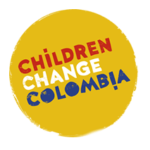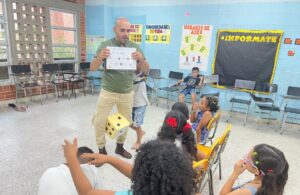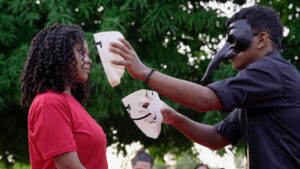Communications and Fundraising Intern
Read MoreEthno-education in Colombia’s Chocó province: How CCC is combating child labour in illegal gold mines and drug plantations.
As one of the most biodiverse areas on the planet, Chocó, Colombia’s westernmost department, is widely regarded as a luscious tropical rainforest full of life. However, behind this paradisical façade lies the clandestine domination of armed groups, who incite terror on local indigenous communities and exploit the land for its resources. The main attraction for armed groups operating in the area is the widespread presence of one key mineral – gold. Despite 90% of these mines being illegal, these gangs run well established operations extracting this resource, using child labour as the predominant work force. Not only this, but armed groups carry huge influence and control in the narcotics industry, where they recruit children to farm large cultivations of coca plants.
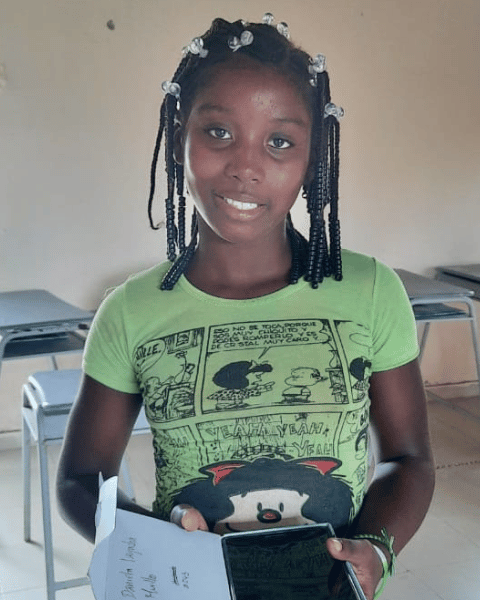
“Me and my friends dream of getting a better education. It’s beautiful where I live but there are lots of things we don’t have – healthcare, good housing, education – and the armed conflict is causing us more and more problems. I want to learn how to overcome the problems we face in our region and to make the most of the resources our land has to offer. For this we need better schools, otherwise children like me will keep joining armed groups or move away to the city – we’ll make our families sad and our local culture and traditions will be lost forever.”
According to the Coalition Against the Involvement of Children and Young People in the Armed Conflict in Colombia, between January and the 13th May 2020, forced recruitment of minors increased by more than 100% to 123 cases, in comparison to the 67 that were recorded in 2019, making Chocó one of the worst affected regions in all of Colombia.
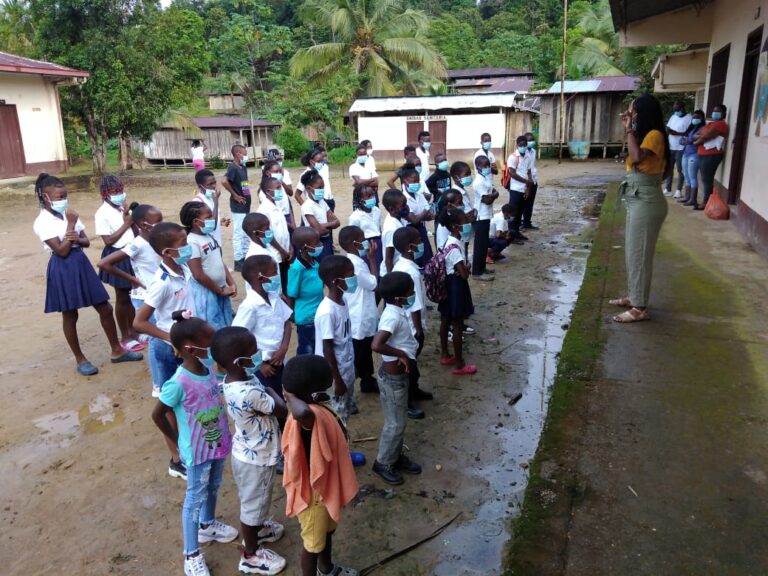
As well as the obvious ramifications for children’s safety and human rights, the presence of armed groups has also had a detrimental effect on both the environment and children’s education. Limitations in the current education system mean that drop out rates are high, with children frequently leaving for the purpose of joining armed groups. Indeed, many schools in the region are facing closure due to dwindling student attendance. Students simply do not feel education is a viable option for improving their material circumstances and thus it is often viewed as unimportant.
What are we doing to tackle this issue?
Our partner organisation, Acadesan, has been working for more than 20 years in the area, combating the issues that are preventing children from accessing high quality education, helping them stay in school and reach their full potential. Our current project with Acadesan works with schools in Chocó providing them with their own pedagogical model which combines ethno-education specific to Afro-Colombian culture with conventional teaching methods. These new strategies are designed to encourage children to stay in school and educate them on their ethnographic heritage.
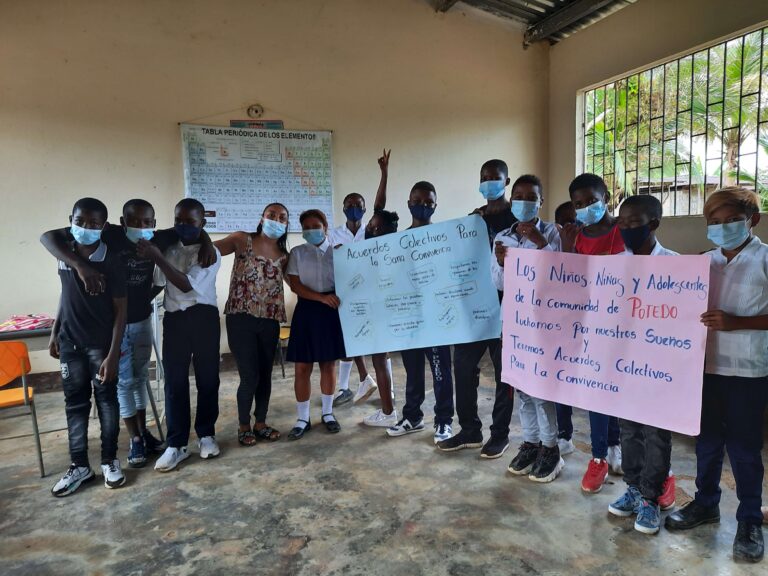
The project provides engaging extracurricular educational workshops with teachers and students every month which focus on developing socio-emotional skills amongst children to prevent school dropouts and forced recruitment by illegal armed groups. CCC and Acadesan recognise conflict resolution, emotional management and acceptance of diverse opinions are vital skills for children to protect themselves and their communities in challenging situations.
Did you like it? Share it
More News
Corpus Et Anima: Educacion Integral en Sexualidad con Poderosas Colombia
Esta formación nos recuerda que educar en sexualidad es educar en dignidad. Y nos reafirma que, para acompañar procesos de transformación social, primero debemos permitirnos mover el cuerpo, cuestionar el21 January 2022
Read MoreCorpus Et Anima: Comprehensive Sexuality Education training facilitated by Poderosas
This training reminds us that educating in sexuality is educating in dignity. And it reaffirms that, to accompany processes of social transformation, we must first allow ourselves to move the21 January 2022
Read MoreJeremy’s story
Jeremy, 18, wants to study Software Engineering and contribute to improving the lives of others, especially vulnerable children. Through his scholarship, he plans to learn how to use technology to21 January 2022
Read MoreDiana’s story
Diana wants to use her scholarship as a platform for transformation and inspiration to show girls like her that with talent and determination, there are no limits to what they21 January 2022
Read MoreLa historia de Jeremy
Jeremy, de 18 años, quiere estudiar Ingeniería de Software y contribuir a mejorar la vida de otras personas, especialmente la de niños y niñas en situación de vulnerabilidad. A través21 January 2022
Read MoreLa historia de Diana
Diana Valentina Ortiz, de 18 años, se une a nuestro programa de becas para estudiar Ingeniería en Computación. A lo largo de su vida ha tenido que enfrentar numerosos desafíos21 January 2022
Read MoreResistencia a través de las artes: cómo los jóvenes lideran la lucha contra la violencia basada en género en Colombia
En su esencia, la campaña busca mitigar y concientizar la violencia sexual y la VBG a través de la expresión artística. En lugar de apoyarse en narrativas impuestas desde el21 January 2022
Read MoreResistance through the Arts: How Young Leaders Are Transforming the Fight Against Gender-Based Violence in Colombia
At its core, the campaign seeks to mitigate sexual violence and GBV through artistic expression. Rather than relying on externally imposed narratives, the process centers Colombia’s youth as creators, strategists,21 January 2022
Read More